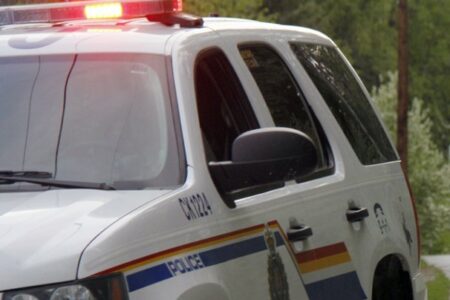Alzheimer Society of B.C. encourages West Kootenay residents to plan ahead for summer heat and emergencies to help people living with dementia
Last year, the province’s unprecedented heat dome and wildfire season had a fatal impact on some B.C. residents. This year, these same emergencies and disasters could happen unexpectedly.
These situations can be particularly challenging for people in the West Kootenays living with dementia to respond to and get the appropriate help they need.
The high temperature of 49.6°C was recorded in Lytton on June 29, 2021, 4.6°C higher than the previous Canadian record. The high outdoor temperatures and intense solar radiation led to very high indoor temperatures for people living in buildings without air conditioning.
The associated health-related risks leave some North Shore residents potentially more vulnerable. Research suggests that older adults and people living with dementia have an increased vulnerability to extreme heat. Factors that place people at risk during high temperatures include living with a disability, physical or mental illness, social isolation, a lack of access to resources, communication difficulties and spending the majority of their time indoors.
The heat can result in an increase in emergency room visits, hospitalizations and even death.
Research also shows that higher temperatures may be associated with worsening the symptoms of dementia.
Sixty-one per cent of people living with dementia live in the community. “Dementia can affect a person’s ability to communicate their needs and recognize when to ask for help, making them particularly vulnerable to uncertainty and emotional trauma caused by the heat or other emergency situations,” says Gabrielle Brideau, Support & Education Coordinator, First Link®, for the Alzheimer Society of B.C.’s West Kootenay region.
“We encourage everyone to take some time to connect with your neighbours, friends and family who are affected by the disease – including caregivers – to offer your help and make sure they are safe.”
Besides heatwaves, wildfires are common in the summer. These emergency situations will disrupt the routine of someone living with dementia.
“In some cases, they have limited ability to understand what is happening and might be confused in an unfamiliar place during an evacuation and might take a while to adjust to a new environment,” saysBrideau.
Planning ahead, therefore, is vital for alleviating the stress of someone living with dementia caused by the sudden changes in locations and environment. Creating an evacuation plan to ensure a quick response in an emergency and packing an emergency kit are both crucial.
Here are a few quick tips to stay cool:
- Stay in areas with air conditioning, including community centres, shopping malls and any cooling centres set up by municipal governments.
- Drink plenty of water or juice throughout the day.
- Wear lightweight and light-colour clothing.
- Take note of signs of heat strokes and other heat-related illnesses.
“Remember to stay updated with current news and alerts with trusted media and authoritative sources, including the B.C. emergency alert messages sent to our wireless devices to make informed decisions,” says Brideau.
The Alzheimer Society of B.C. is here to help
The Alzheimer Society of B.C.’s First Link® Dementia Helpline ensures that families and care workers can connect to knowledgeable and supportive staff and access trusted resources on emergency preparedness. The Helpline is available Monday to Friday, 9 a.m. to 8 p.m. Information and support is also available in Punjabi (1-833-674-5003) and in Cantonese or Mandarin (1-833-674-5007), available Monday to Friday, 9 a.m. to 4 p.m.


























